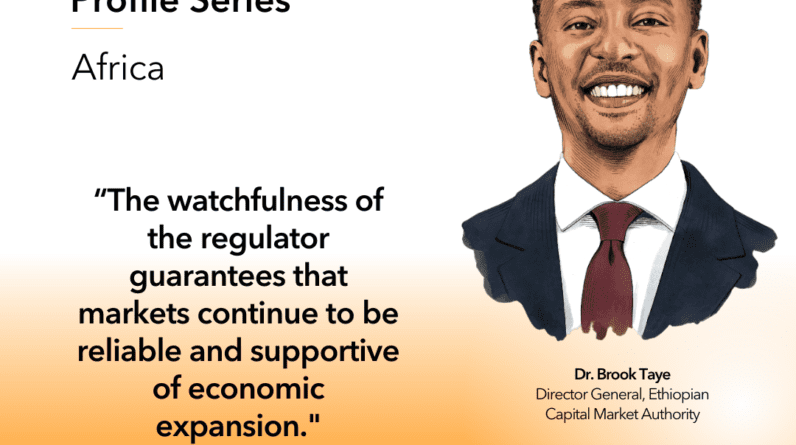
Describe the role and importance of a regulator in ensuring fair and transparent financial markets.
A regulator acts as a guardian, promoting fairness, transparency, and stability in financial markets. The watchfulness of the regulator guarantees that markets continue to be reliable and supportive of economic expansion. Enforcing regulations to prevent excessive volatility, market manipulation, and systemic risks falls under the purview of the regulator, who also plays a crucial role in preserving market stability and advancing equity. Transparency is ensured by regulators who mandate financial institutions to disclose pertinent information to the public. By guaranteeing that investors have access to correct information, transparency promotes trust and well-informed decision-making. Moreover, a regulator in a developing capital market should also support market development by introducing a regulatory sandbox to allow financial innovation.
In an ideal world, how would you shape global standards to ensure frontier, emerging, and developed markets have an equal voice?
Global standards play a pivotal role in ensuring frontier and emerging markets have an equal voice alongside developed markets. To create a level playing field for these different markets, global standards need to consider the following:
An Equitable Market Classification Regime – I would ensure that there is a more equitable market classification system that would consider unique attributes of different markets outside of the commonly used factors such as Economic Development, Market Size and liquidity.
Market Accessibility – To promote a level playing field, I would ensure investors have equal access to all markets.
Risk vs Reward Assessment – Global standards guide investors in assessing risk-reward trade-offs and making informed decisions. Risks for Emerging and frontier markets are sometimes convoluted or overstated. I would ensure a common framework where risks from all markets are seen with the same lens and evaluated objectively.
What are the key emerging regulatory trends and how are you as an organization addressing these new risks to remain effective?
In the broader context of capital markets, emerging issues include cyber resilience, fintech, and climate change. With so many rapidly changing technological advancements and the exponential growth of AI (Artificial intelligence) applications, regulators around the world are focusing on emerging technology. As a newcomer, the Ethiopian Capital Market Authority (ECMA) has been fortunate enough to gain valuable insight from other mature markets on how to address risks from these emerging technologies. ECMA is also working with the IFC and other governmental agencies in incorporating ESG provisions in the country’s corporate governance standards.
What does the future of financial services in Africa look like?
Africa’s financial landscape is evolving rapidly, driven by technology, innovation, and a commitment to financial inclusion. The African Fintech revolution is well underway with more and more of the population moving from a cash-based economy to mobile payment solutions tailored for Africa by Africans. The future holds immense promise for accessible, efficient, and inclusive financial services across the continent. With a significant advantage of having a young population and an upside on economic growth potential, if properly developed, the outlook is promising.
This profile forms part of Bloomberg’s Regulatory Affairs insights series and is independent of Bloomberg News.







